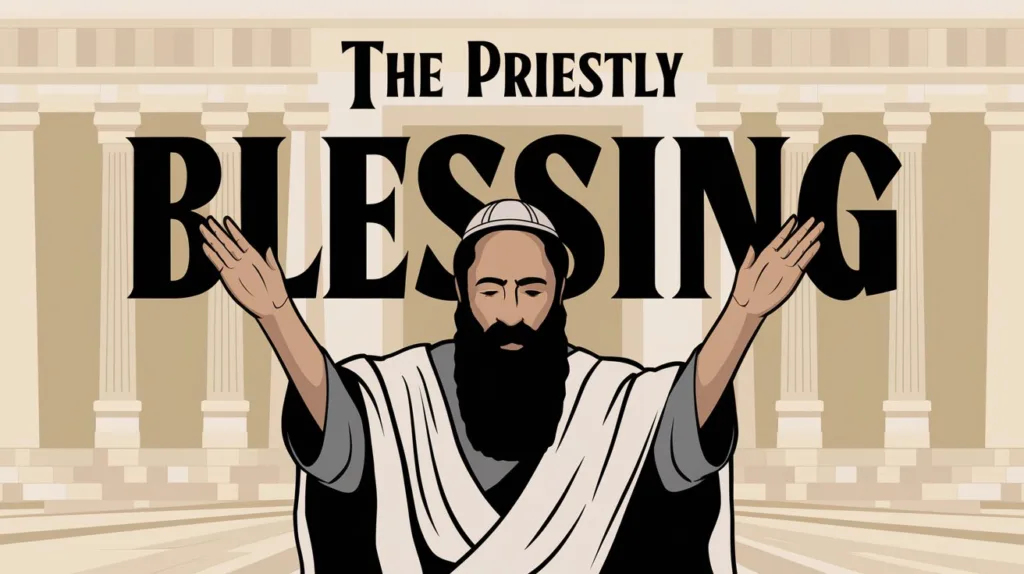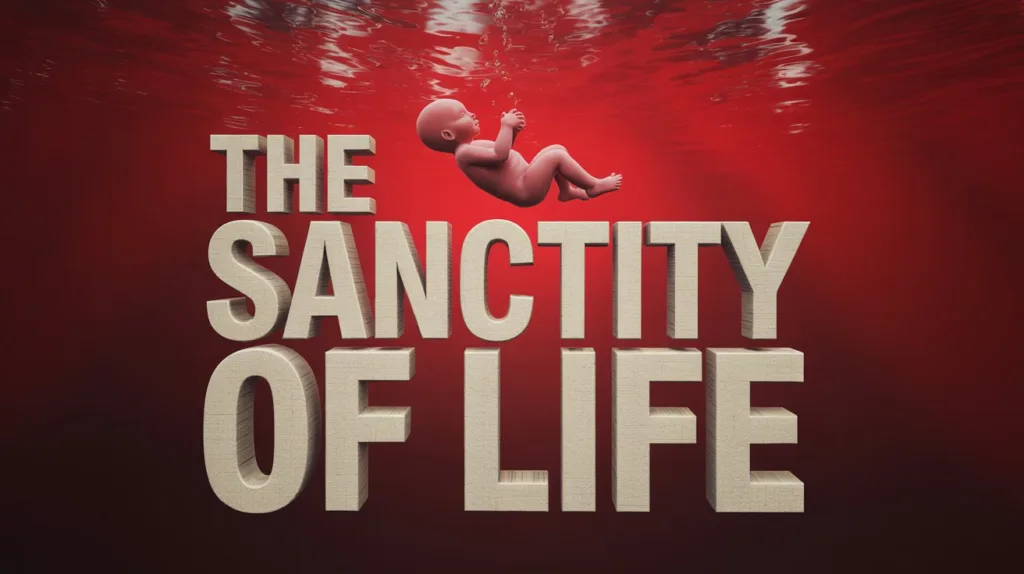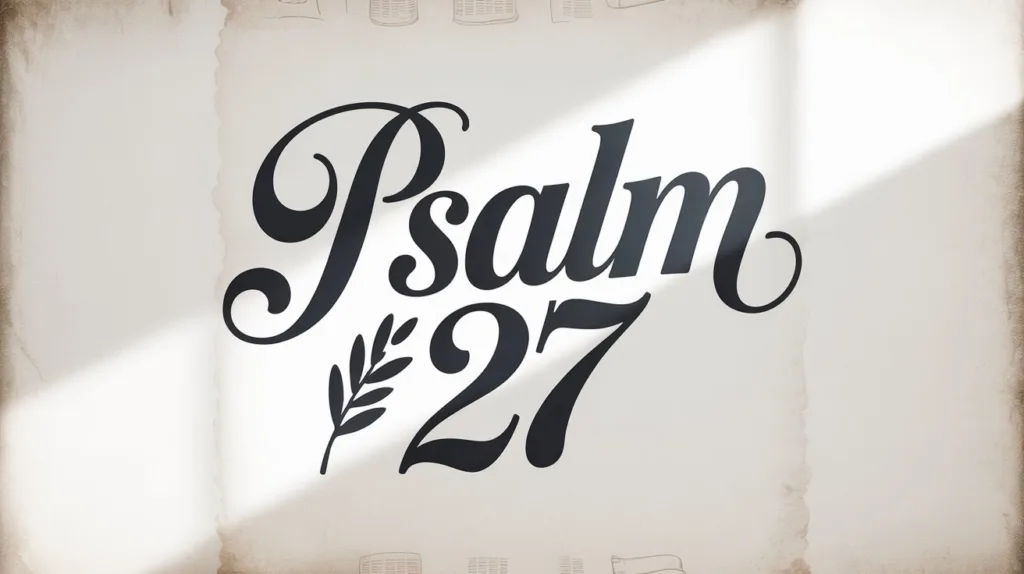Jesus told Peter “feed My sheep” three times to restore him after his threefold denial, reaffirm his calling, and charge him with pastoral responsibility over the early church. This moment was both personal restoration and public commissioning.
After His resurrection, Jesus appeared to His disciples by the Sea of Tiberias. Following a miraculous catch of fish, He prepared breakfast and spoke privately yet publicly with Peter. John 21:15 begins the exchange:
“So when they had eaten breakfast, Jesus said to Simon Peter, ‘Simon, son of Jonah, do you love Me more than these?’ He said to Him, ‘Yes, Lord; You know that I love You.’ He said to him, ‘Feed My lambs.’”
Jesus addressed Peter as “Simon, son of Jonah,” not using his given name “Peter” (meaning “rock”), perhaps to draw attention to Peter’s natural weakness apart from Christ. Jesus’ question, “Do you love Me more than these?” may refer to the other disciples, the fishing equipment, or his former way of life.
Peter had once declared:
“Even if all are made to stumble because of You, I will never be made to stumble.”
(Matthew 26:33)
But he had denied Jesus three times (Luke 22:61–62). Now Jesus gives him the opportunity to affirm his love three times, one for each denial.
John 21:16–17 continues:
“He said to him again a second time, ‘Simon, son of Jonah, do you love Me?’ He said to Him, ‘Yes, Lord; You know that I love You.’ He said to him, ‘Tend My sheep.’ He said to him the third time, ‘Simon, son of Jonah, do you love Me?’ Peter was grieved because He said to him the third time, ‘Do you love Me?’ And he said to Him, ‘Lord, You know all things; You know that I love You.’ Jesus said to him, ‘Feed My sheep.’”
The first two times Jesus used the word ἀγαπάω (agapaō), expressing a selfless, committed love. Peter responded with φιλέω (phileō), a more affectionate, brotherly love. On the third question, Jesus used Peter’s word, meeting him where he was.
Peter’s grief showed his awareness of his past failure. Yet Jesus did not rebuke him. Instead, He entrusted him with care over His flock. “Feed My lambs,” “tend My sheep,” and “feed My sheep” are all directives for shepherding, teaching, and protecting the people of God.
This was not merely a personal reconciliation. It was a reappointment. Despite Peter’s failure, Jesus reaffirmed his role as a leader, not on the basis of his strength, but because of grace and proven love.
Jesus followed this moment with a prophecy about Peter’s future faithfulness:
“Most assuredly, I say to you, when you were younger, you girded yourself and walked where you wished; but when you are old… another will gird you and carry you where you do not wish.”
(John 21:18)
Peter would remain faithful to the end, ultimately glorifying God in death. Jesus’ threefold charge secured that purpose.





 Get the book that teaches you how to evangelize and disarm doctrines from every single major cult group today.
Get the book that teaches you how to evangelize and disarm doctrines from every single major cult group today.